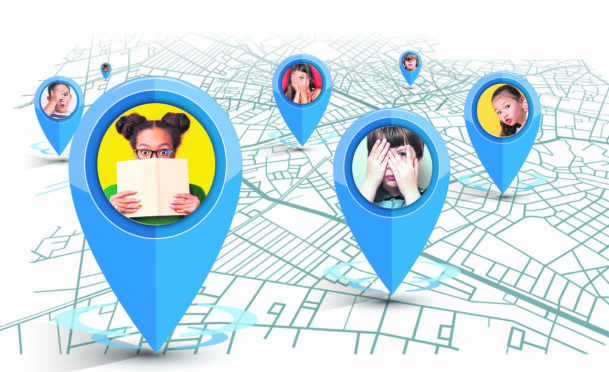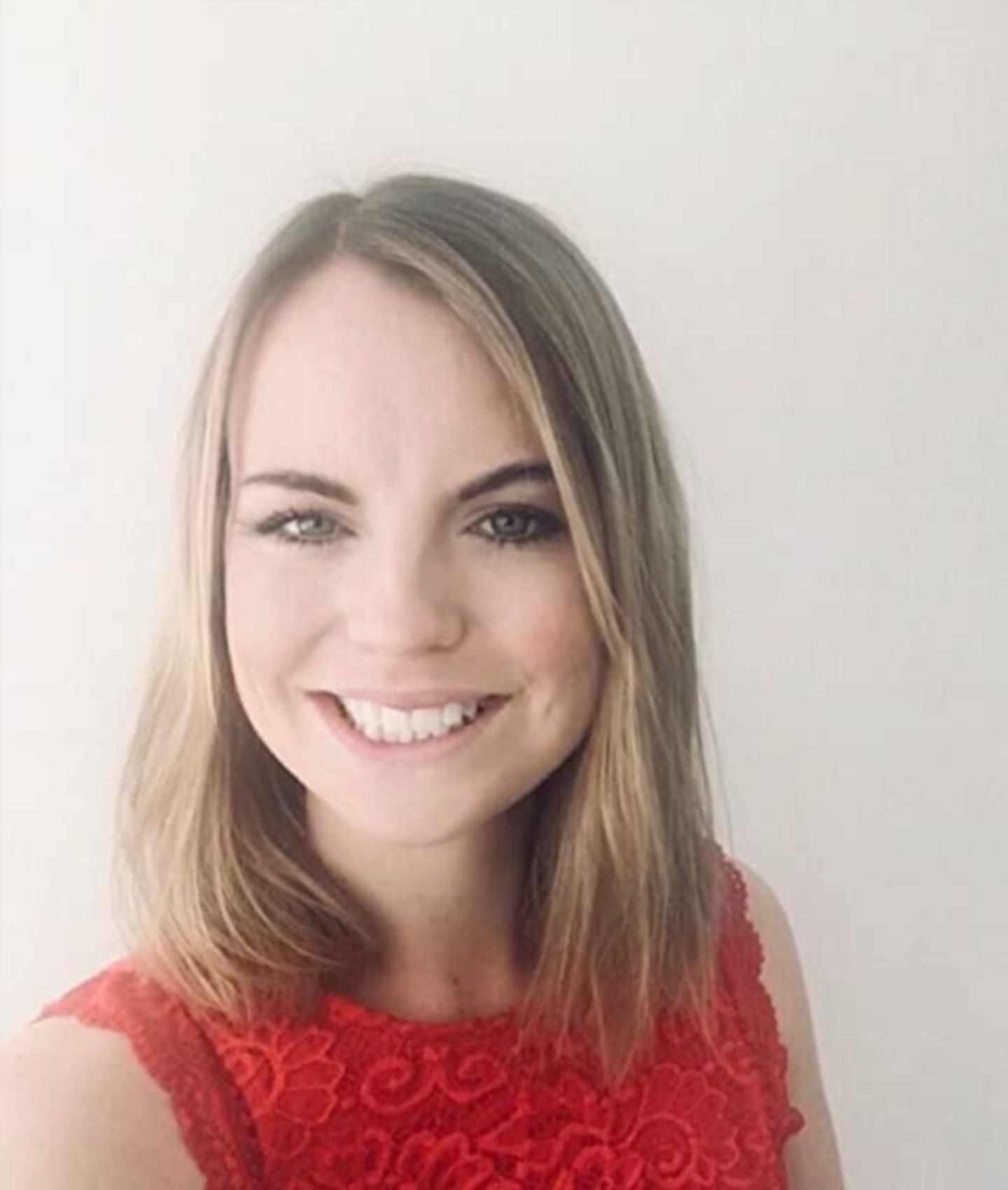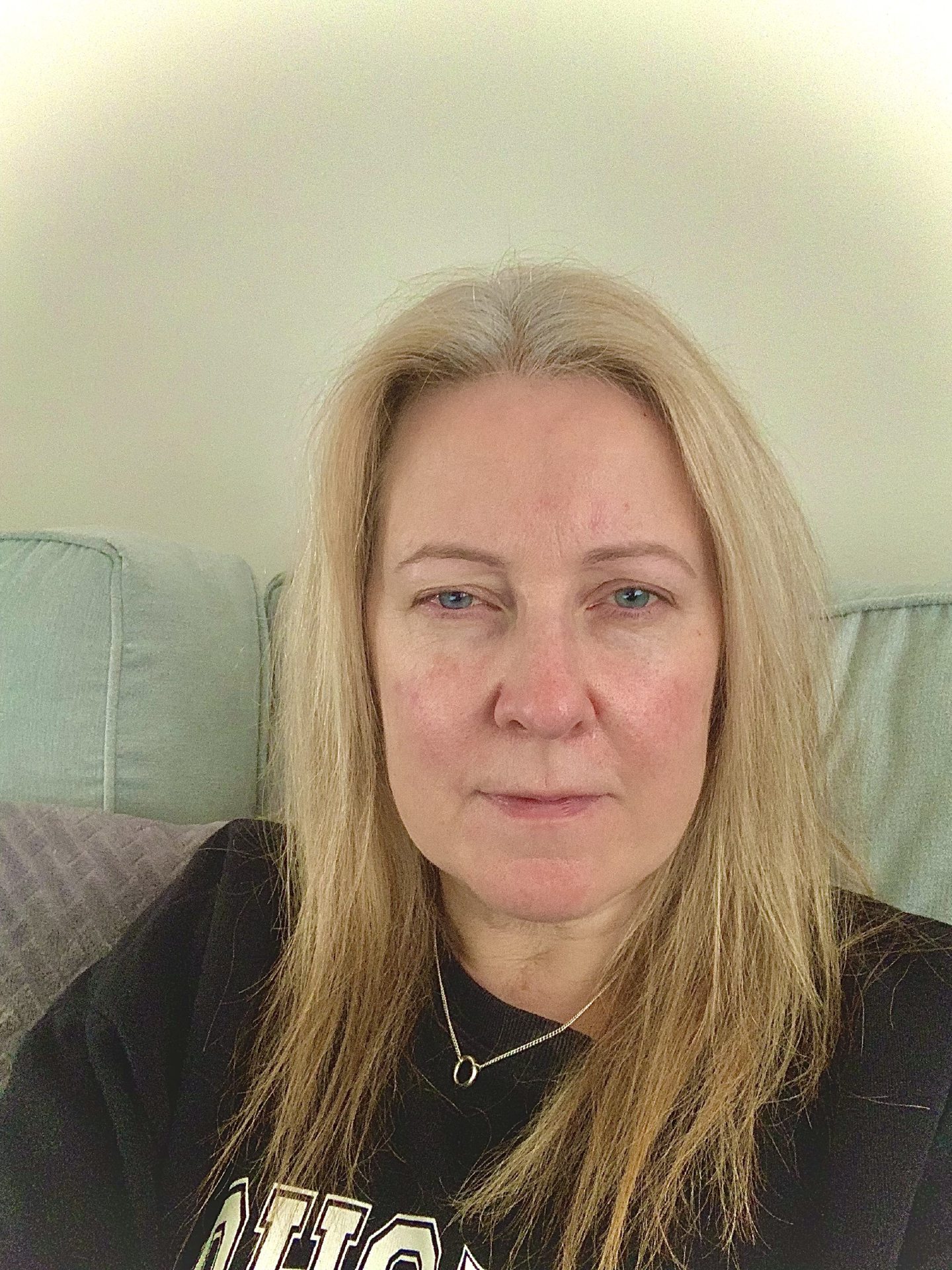
In his dystopian classic 1984 George Orwell warned of a time when Big Brother will always be watching but in today’s technology-obsessed society it seems mum and dad will be, too.
Since the roll out of easily accessible Global Positioning System (GPS) tech, there has been an explosion of apps that allow parents to track their children’s location through smart phones and watches.
The apps can be handy tools offering parents peace of mind as their growing kids start to explore the world on their own but as the technology becomes more advanced, experts are getting increasingly worried about the obvious and more subtle impact on parents, children and their relationships.
Tracking apps such as Life360 offer geofencing technology that sends alerts to parents when their children arrive at or leave specific destinations. This can be a handy way to find out if they got to school on time, or when to start cooking dinner based on when they’ll arrive home.
Yet concerns are growing that such levels of tab-keeping can easily slide into increasingly controlling behaviour from overly anxious parents. Other apps such as Find My Kids offer a feature allowing parents to turn on the microphone of their child’s phone, enabling them to listen in to what the child is up to and to eavesdrop into their conversations.
Going even further, TeenSafe boasts a “stealth mode” that lets parents track their children’s phones without their knowledge or consent.
Georgina Durrant, author of 100 Ways Your Child Can Learn Through Play, believes new technology is making it both easier – and harder – to be a parent than ever before.
She said: “There’s a balance to be taken to ensure trust in the parent-child relationship is maintained. There’s a fine line between protecting children and teens online, to losing their trust because you are monitoring everything they do. As tempting as some of the options that allow you to GPS track can be, it’s important to remember that we need to, as parents, maintain a trusting and honest relationship with our children and how damaging it could be to your relationship if they find out you’ve been tracking them without their knowledge.”
Parenting expert and coach Sue Atkins also expressed concern over how such apps could break trust between parent and child. She explained: “I’m not a fan of it because it shows you don’t trust them. I understand that we want to keep our kids safe, I wanted to keep my kids safe, too. It’s all about letting them go, from the moment you play peek-a-boo with them, you’re teaching them to be separate from you.
“You need to update their skills rather than use the tracking and teach them what to do in an emergency or when they feel unsafe. You have to do it gently and slowly, incrementally and age-appropriately.
“It’s all about building and connecting with your children. You have to build bridges, not walls. A tracking device will build a wall between you and your child, long-term, and then they can get devious.”
Also, parents may not realise that many teenagers, and even younger children, are more tech savvy than they are. Sneaky attempts to track their online activity can be easily sidestepped by kids in the know, especially if they feel their right to privacy is being infringed upon.
Ghislaine Bombusa, head of digital at Internet Matters, an online resource that helps teach parents how to keep their children safe while using the internet, sympathised with parents who turned to tracking apps to keep an eye on their children. She advised mums and dads to be open and honest with their children about why and how such technology would be used.
Bombusa explained: “You have to have an open and frank conversation with your children about the fact that you’d want to use these apps, and the reasons behind it.
“It’s also important to ask for their perspective, and help them understand why it is just as beneficial for them as it is for you.
“I’m sure that when the child gets to about 14 or 15, they want to be independent, they want to grow, they want to be curious, and having a GPS tracking them, and that their parents know exactly where they are at all times, may be seen as a bit intrusive.
“The key thing is being on the journey with them. Parents of teenagers often feel like they’ve lost control of the child, and that the child no longer needs them because they’re so knowledgeable with the technology, but that’s actually not the case.
“Older teens actually want more interaction and engagement from their parents. They like the idea of teaching their parent things, so asking them what apps they are using and how they are using it is a good way to find out what they are doing and how they are interacting online.”
Location-sharing apps such as the popular Life360 allow every family member on the plan to see where other relatives are, too.
Bombusa believes this two-way function is a useful way to bring children on board with the idea, as does setting boundaries for its use.
She said: “You can see where your mum, dad, sister and brother are, so it is more of a family affair than just the children being monitored. For younger children, it can be a case of ‘I want to know that you got to school OK’.
“For older children it can be, ‘If I don’t hear from you, I might check up on where you are, or if you feel unsafe, you can easily share your location with me’.
“The best way to use these apps is not, ‘I’m doing this because I don’t trust my child’ but rather think about how it will enhance your relationship knowing where they are, while they enjoy some freedom.”
I use app more for safety than snooping
Vicky Waldman started using the tracking app Life360 when her son began walking to and from school on his own. After that, it grew to become a tool the whole family used.
“I actually first heard about it from someone who was tracking their husband!” she said.
“I thought, ‘If I had that app, I could make sure my son got to school and home safe’.
“I use it more for safety than checking up on him. Now my whole family is on it, even my mum.
“I can use it to make sure she’s OK or to check if my partner is on his way home from work so I can start preparing dinner. It’s really helpful for us.”
Life360 only tracks user’s whereabouts and they can go into the app on their phone and opt out of sharing their location at any time, something Waldman’s adult daughters do often.
She is not interested in more advanced apps, especially those that allow parents to eavesdrop into their children’s conversations, because she fears it could lead to unhealthy, compulsive behaviour. She said: “That could become addictive.
“You might start snooping and overhear something you didn’t want to hear and that would make you listen more. I know that with my personality, I’m probably best not having that information.”
Waldman is now so used to the app that she cannot imagine her family without it. She explained: “If everyone came off the app, I think I would start to feel a bit insecure.
“My son has started going to the football on his own and it makes me feel better to know if something bad happened, I would know exactly where to find him.
“I can see how it can be a bit annoying though – sometimes my own mum asks me where I’ve been when she checks the app!”

Enjoy the convenience of having The Sunday Post delivered as a digital ePaper straight to your smartphone, tablet or computer.
Subscribe for only £5.49 a month and enjoy all the benefits of the printed paper as a digital replica.
Subscribe
